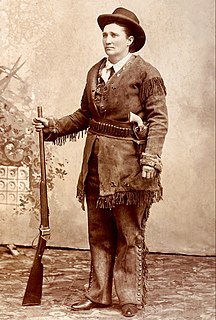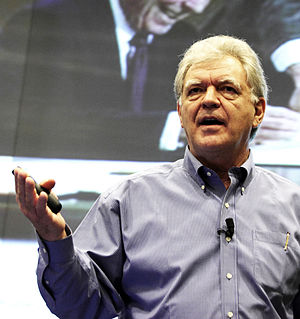A Quote by Carroll Quigley
When the business interests... pushed through the first installment of civil service reform in 1883, they expected that they would be able to control both political parties equally.
Related Quotes
There can be no complete and permanent reform of the civil service until public opinion emancipates congressmen from all control and influence over government patronage. Legislation is required to establish the reform. No proper legislation is to be expected as long as members of Congress are engaged in procuring offices for their constituents.
Our government, National and State, must be freed from the sinister influence or control of special interests. Exactly as the special interests of cotton and slavery threatened our political integrity before the Civil War, so now the great special business interests too often control and corrupt the men and methods of government for their own profit. We must drive the special interests out of politics.
The bosses of the Democratic party and the bosses of the Republican party alike have a closer grip than ever before on the party machines in the States and in the Nation. This crooked control of both the old parties by the beneficiaries of political and business privilege renders it hopeless to expect any far-reaching and fundamental service from either.
One thing I have frankly decided is that when it comes to political reform we have two conservative parties in British politics. Both the Labour and Conservative parties have constantly and repeatedly failed to honour promises they have made about reforming, cleaning, modernising our clapped-out system.
Thus far, both political parties have been remarkably clever and effective in concealing this new reality. In fact, the two parties have formed an innovative kind of cartel—an arrangement I have termed America’s political duopoly. Both parties lie about the fact that they have each sold out to the financial sector and the wealthy. So far both have largely gotten away with the lie, helped in part by the enormous amount of money now spent on deceptive, manipulative political advertising.
All religions are equal to me. And all castes and creeds are dear to me. But though I appreciate all `isms,' religions and political parties for the many good things they seek to achieve, I do not and cannot belong to any of these `isms,' religions or political parties, for the Absolute Truth, while equally including them, transcends all of them and leaves no room for separative divisions which are all equally false.
We all agree that neither the Government nor political parties ought to interfere with religious sects. It is equally true that religious sects ought not to interfere with the Government or with political parties. We believe that the cause of good government and the cause of religion both suffer by all such interference.
When we separate the word business into its component letters, B-U-S-I-N-E-S-S, we find that U and I are both in it. In fact, if U and I were not in business, it would not be business. Furthermore, we discover that U comes before I in business and the I is silent-it is to be seen, not heard. Also, the U in business has the sound of I, which indicates it is an amalgamation of the interests of U and I. When they are properly amalgamated, business becomes harmonious, profitable, and pleasant.
Mindfulness can create a foundation for emotional bonding that allows you to be fully present and authentic during dialogues or a discussion. A mindful approach to entering difficult conversations keeps both parties out of the heat of emotions and able to explore the needs, wants and interests on both sides. Judgement is suspended and, with a strong bond, the mind is able to focus on and look for the mutual benefit of the common goal.
One point in my public life: I did all I could for the reform of the civil service, for the building up of the South, for a soundcurrency, etc., etc., but I never forgot my party.... I knew that all good measures would suffer if my Administration was followed by the defeat of my party. Result, a great victory in 1880. Executive and legislature both completely Republican.
[T]here are, at bottom, basically two ways to order social affairs, Coercively, through the mechanisms of the state - what we can call political society. And voluntarily, through the private interaction of individuals and associations - what we can call civil society. ... In a civil society, you make the decision. In a political society, someone else does. ... Civil society is based on reason, eloquence, and persuasion, which is to say voluntarism. Political society, on the other hand, is based on force.



































